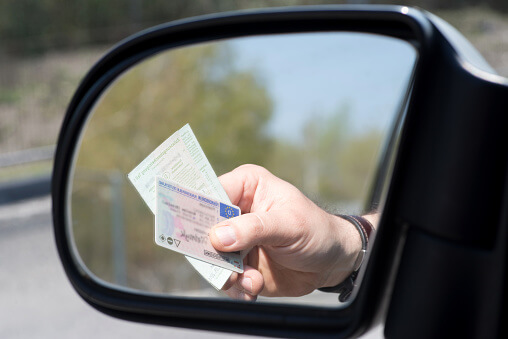Expats who have been recruited from abroad for employment in the Netherlands are eligible for the Dutch 30% tax ruling. Let’s checkout Eligibility for Important Dutch Tax Ruling by meeting the following conditions:
Eligibility for Important Dutch Tax Ruling
- They must be an employee in the Netherlands
In order to be eligible for the 30% ruling you have to be in an employment situation. For those who work as self-employed, it is not possible to claim the Dutch 30% ruling. However, if you set up a legal entity, and become an employee of that company, you are considered to be an employee and consequently become eligible for the 30% ruling. - The employee has to be recruited from abroad
It is only possible to claim the Dutch 30% ruling if you are transferred or recruited from abroad. You have to prove that you were the resident of a country outside the Netherlands before you began your present employment in the Netherlands. Furthermore, the employee must not have lived within 150 km of the Dutch border for no more than eight months out of the last 24 months prior to the start of employment in the Netherlands. - The employer and employee have to agree on papers that the 30% ruling is applicable
The application for the 30% ruling has to be done by both employer and employee. If the 30% ruling is fully applicable, the gross salary of the employee will be reduced by 30%. This may have implications for your potential unemployment or disability benefits since these benefits are based on your taxable salary. Therefore the tax authorities require that both employer and employee are aware of these consequences. This agreement in writing can be done by means of a clause in your employment contract or as an addendum to the employment contract. - The employee has to have specific expertise that is not or is rarely available in the Netherlands
The employee has to have specific skills that are scarce in the Dutch labour market. These skills are determined by several facets such as salary, age, employment history, education and level of employment. None of these are conclusive but the combination of all aspects determines your specific skills. At present, the specific skills are assumed to be present if the minimum salary requirement is met (see below). - The gross salary has to surpass a minimum.
Here is the minimum salary requirements of the past 3 years:
2021 salary requirements for 30% ruling
- Minimum taxable salary at 70%: 38.961 euros
- For employees under 30 with a master’s degree:
Minimum taxable salary at 70%: 29.616 euros
2020 salary requirements for 30% ruling
- Minimum taxable salary at 70%: €38.347
- For employees under 30 with a master’s degree:
Minimum taxable salary at 70%: €29.149
2019 salary requirements for 30% ruling
- Minimum taxable salary at 70%: €37.743
- For employees under 30 with a master’s degree:
Minimum taxable salary at 70%: €28.690

Who Can Claim the Dutch 30% Ruling in different fields?
The 30% ruling for PhD and Master’s graduates
Less strict rules apply for PhD and Master’s graduates younger than 30 years:
- The minimum salary requirement is €29,149.
- If the PhD was completed in the Netherlands, the requirement of ‘being recruited from abroad’ is lifted, as long as the company hires the candidate within a year of completing their studies.
Scientific researchers and training medical specialists
There is no minimum salary requirement for scientific researchers who find employment with a university or with a research institution that receive subsidies from the government. Medical specialists in training also have no minimum required salary.
What will happen when you change a job?
If you change jobs, you can reapply for the 30% ruling, provided that you still meet the conditions. You must however sign your new employment contract within three months of termination of the previous.
For How long you can Claim the Dutch 30% ruling?
Rules around how long you can claim the Dutch 30% ruling for are currently undergoing change. Prior to 2019, the claim period was eight years. However, this became five years as of 1 January 2019.
After a period of discussions, the Dutch government agreed to implement a two-year transition period lasting until 1 January 2021. This means that:
- Anyone granted the ruling between 1 January 2011 and 1 January 2013 still benefited from the full eight-year allowance period;
- Those granted the ruling between 1 January 2013 and 1 January 2016 were able to receive the allowance until 31 December 2020, giving them up to an additional two years following the extension;
- Anyone granted the ruling after 1 January 2016 will be eligible for the benefit for 5 years.
Now that you know about the eligibility for Dutch 30% ruling, let’s checkout the Important Benefits of the Dutch 30% Ruling !!!




